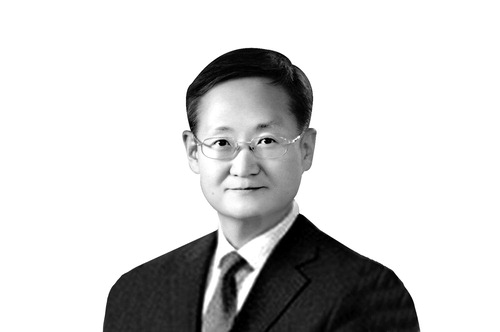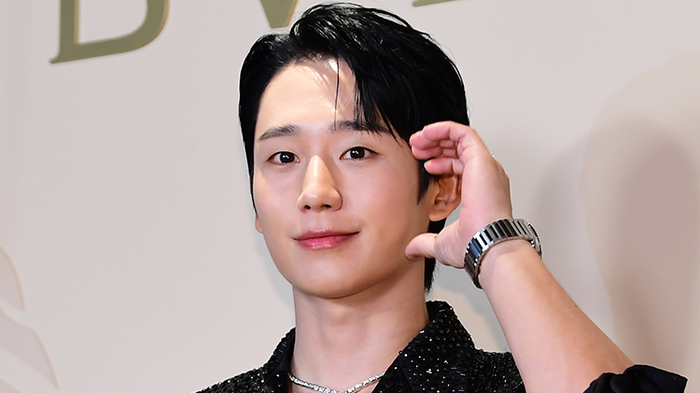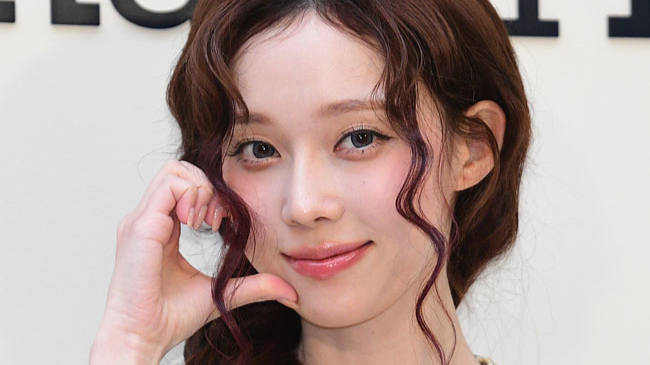
In China, which has made a splash with Dipshik, the Communist Party leads innovation. It shares the public data needed for AI learning in an unconventional way. The 千 plan to attract overseas talent and the 萬 plan to cultivate domestic talent are also promoted by the state. In a culture of speaking and competing without hesitation, companies often engage in joint ventures. Japan and France, which had fallen behind in the digital age, also jumped into the race.
South Korea is an advanced country recognized by the United Nations Conference on Trade and Development (UNCTAD) in 2021. It has entered the path of an advanced country in terms of economic and military power, soft power and human rights. The problem is sustainability. In order to maintain its status even in times of upheaval, we need to create products and services that are not in the world. Creative ideas and continuous innovation are essential. Cooperation and collaboration are also important. Talent with creativity, innovation, and cooperation minds is key. A climate of free asking and answering based on curiosity should be prepared.
The key is whether the national system can foster creativity and innovation. There should be a new safety net for college entrance exams, corporate recruitment methods, start-ups and start-ups ecosystem, and even if they fail. High-quality data and stable electrical energy for AI learning are also essential. This is possible only when the whole nation sympathizes and agrees. Supporting it with laws and institutions requires decisions through the Constitution.
Korea has achieved three innovations since its independence. First, land reform. It was introduced as a constitution in 1948 and laid the foundation for integration. Farmland distribution increases the proportion of self-employed farmers from 14% to 81%. Second, it transforms from an agricultural country to an exporter. The 1963 Constitution promotes 'export entry' by fostering foreign trade. The following year, it surpassed $100 million in exports and became an export-oriented industrial country. Third, it transforms into an information powerhouse. Under the national consensus that the 1997 IMF financial crisis should be overcome, it will become an informatization model country with bold investment. In the midst of the urgency to get back up from the floor, structural reform is achieved without constitutional amendment.
It's time to move on to an 'innovative country'. The economic constitution should contain a national vision suitable for the era of AI transformation. We need to draw support and sympathy from the people through the Constitution. The principle that "Korea's economic order is based on respecting individual and corporate economic freedom, creativity, and innovation" should be declared, and that "economic regulation should be minimized."
It should also define what the state should do. We need to develop a workforce with the virtues of creativity, innovation, and cooperation and have an institutional safety net that can revive even if it fails. We need to support start-ups and protect and nurture start-ups. We also need to come up with a win-win plan for the people affected by innovation. We need to expand high-quality data and build an affordable and reliable power infrastructure. There is also an advisory body for the promotion of innovative countries under the direct control of the President. Detailed strategies and practices are implemented by laws and policies. The natural road starts from one step, but you have to take the first step right away to go the proper way. The first step toward an innovative country is the economic constitution.
[Bongwook, former deputy chief of the Supreme Prosecutors' Office, lawyer]














